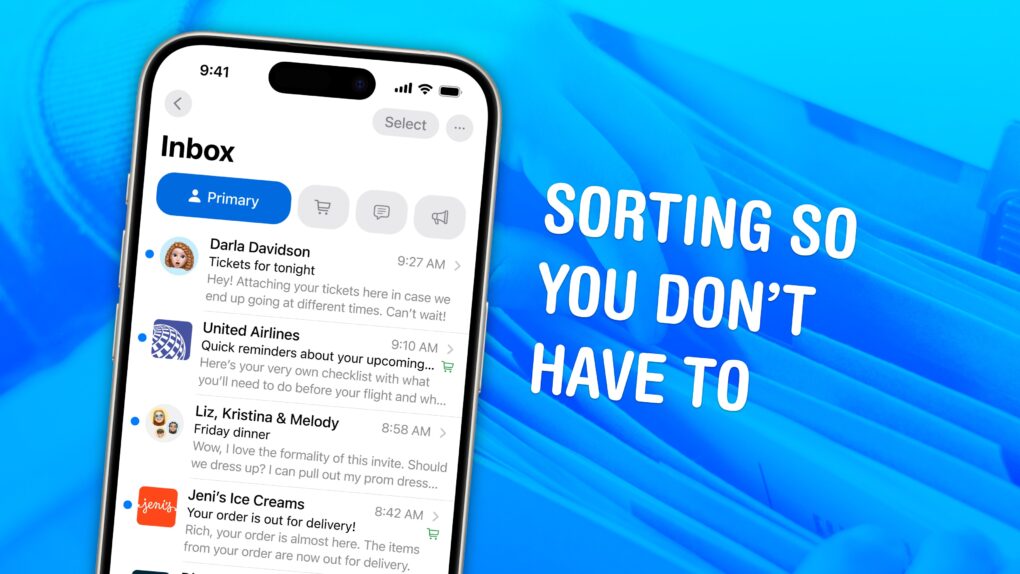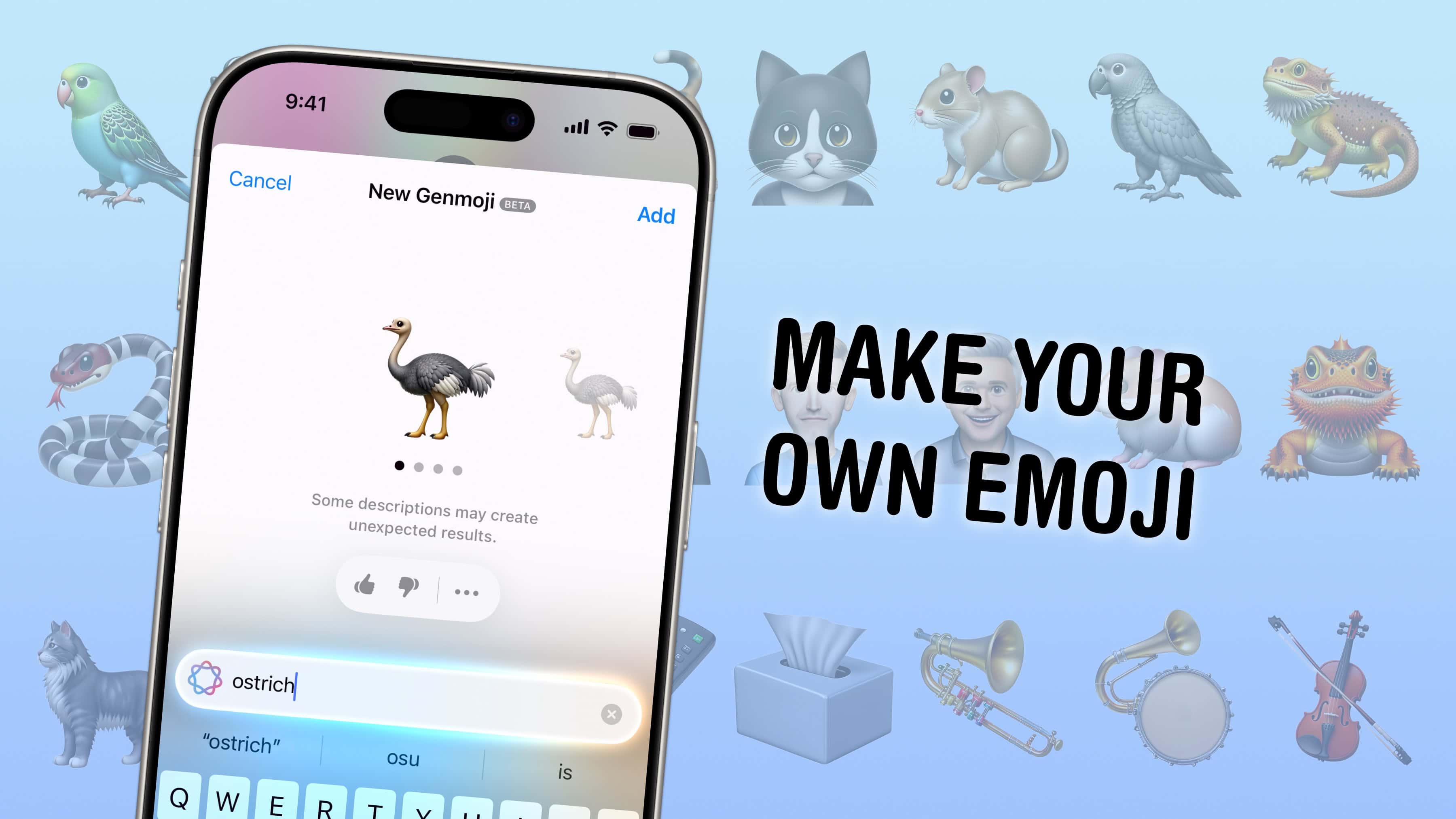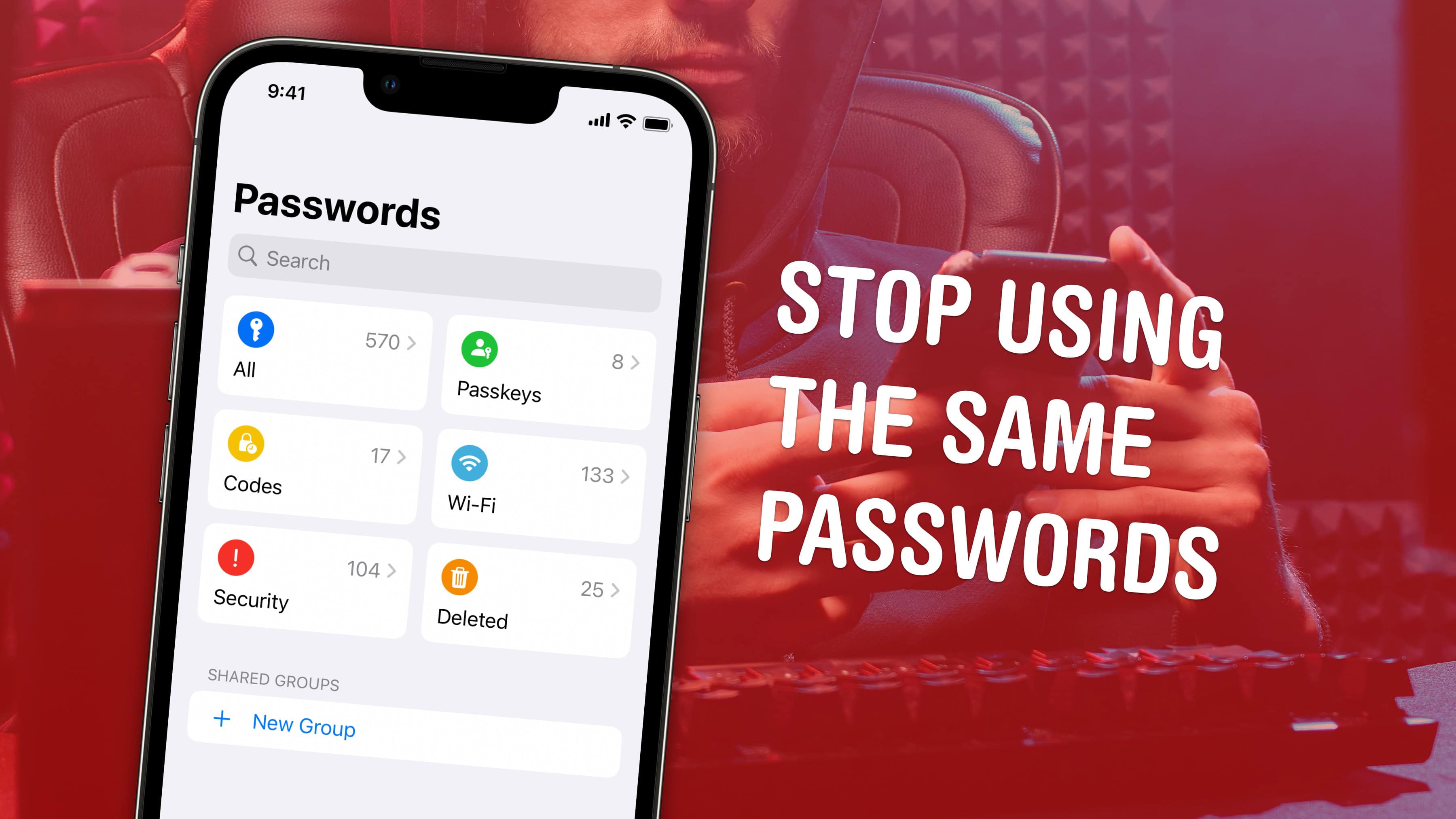At the Platforms State of the Union, Apple detailed how the new Liquid Glass design works, how Apple Intelligence can be added to third-party apps, how Swift Assist in Xcode will work with third-party AI models and more.
This event goes into all the technical details behind the morning’s announcements. Apple showed how developers can update their apps with the new design and use the latest developer tools.
You can watch the Platforms State of the Union on YouTube, in the Apple Developer app or on the web. Read on below for our coverage of the event.
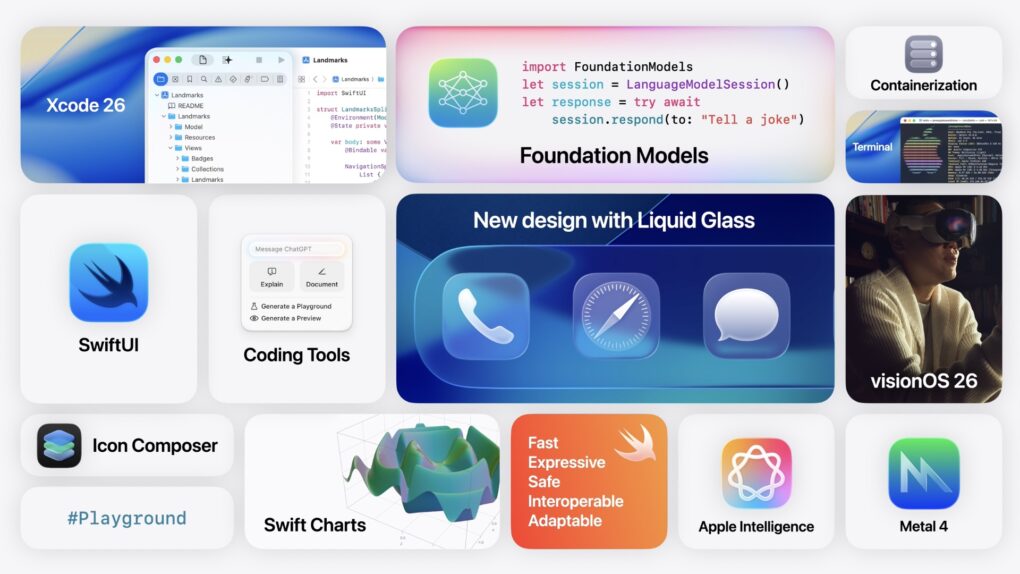

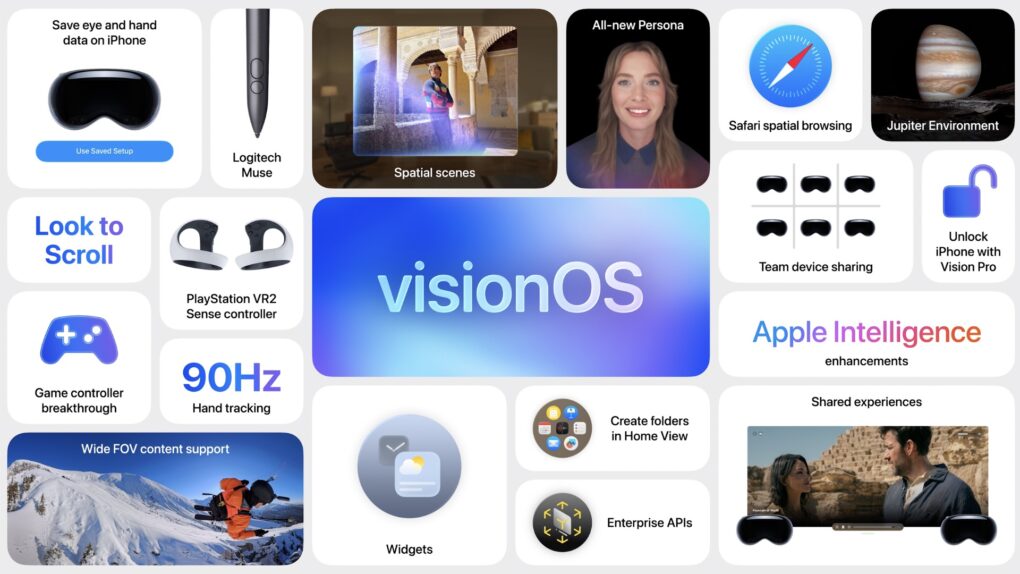
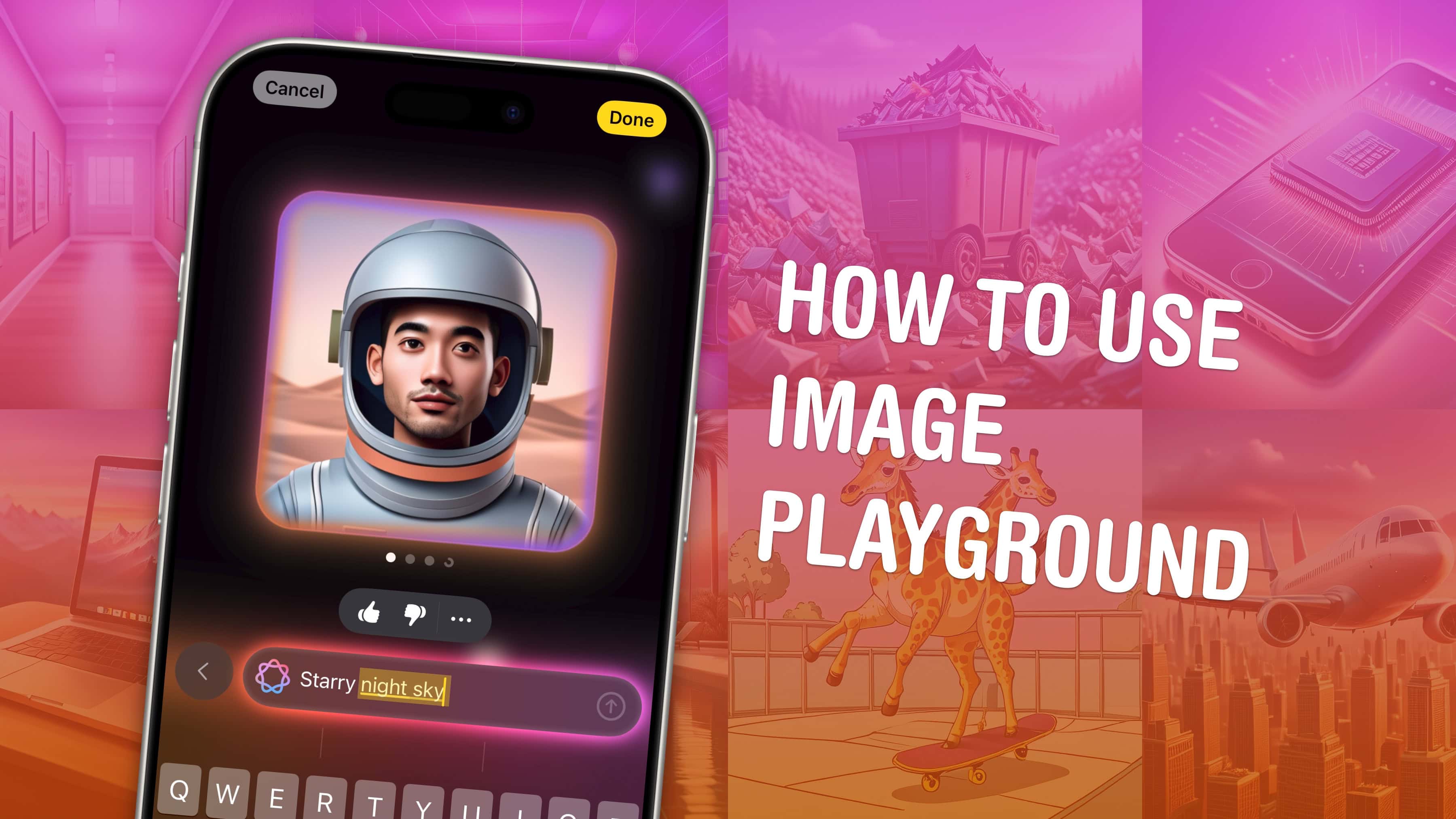




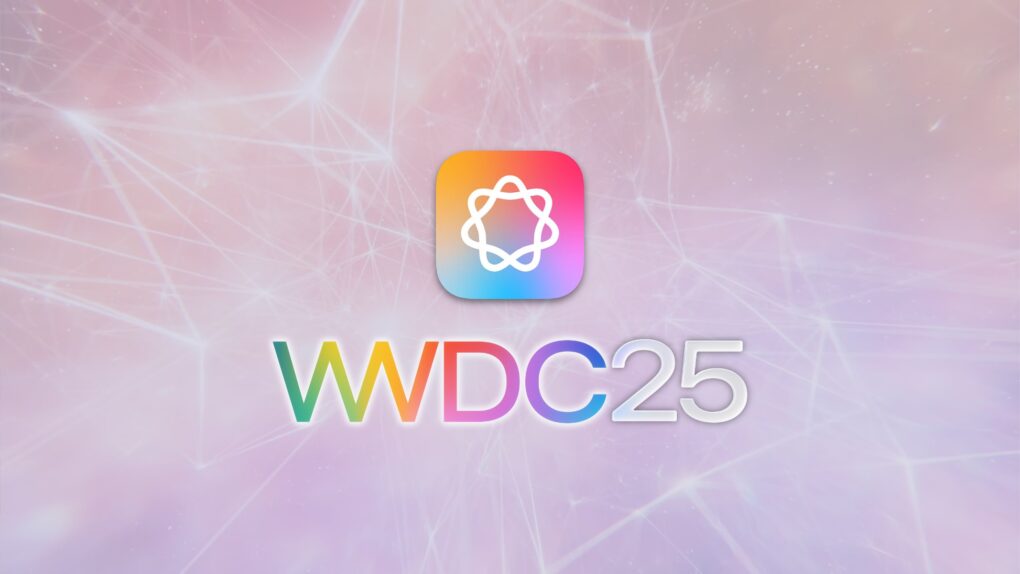


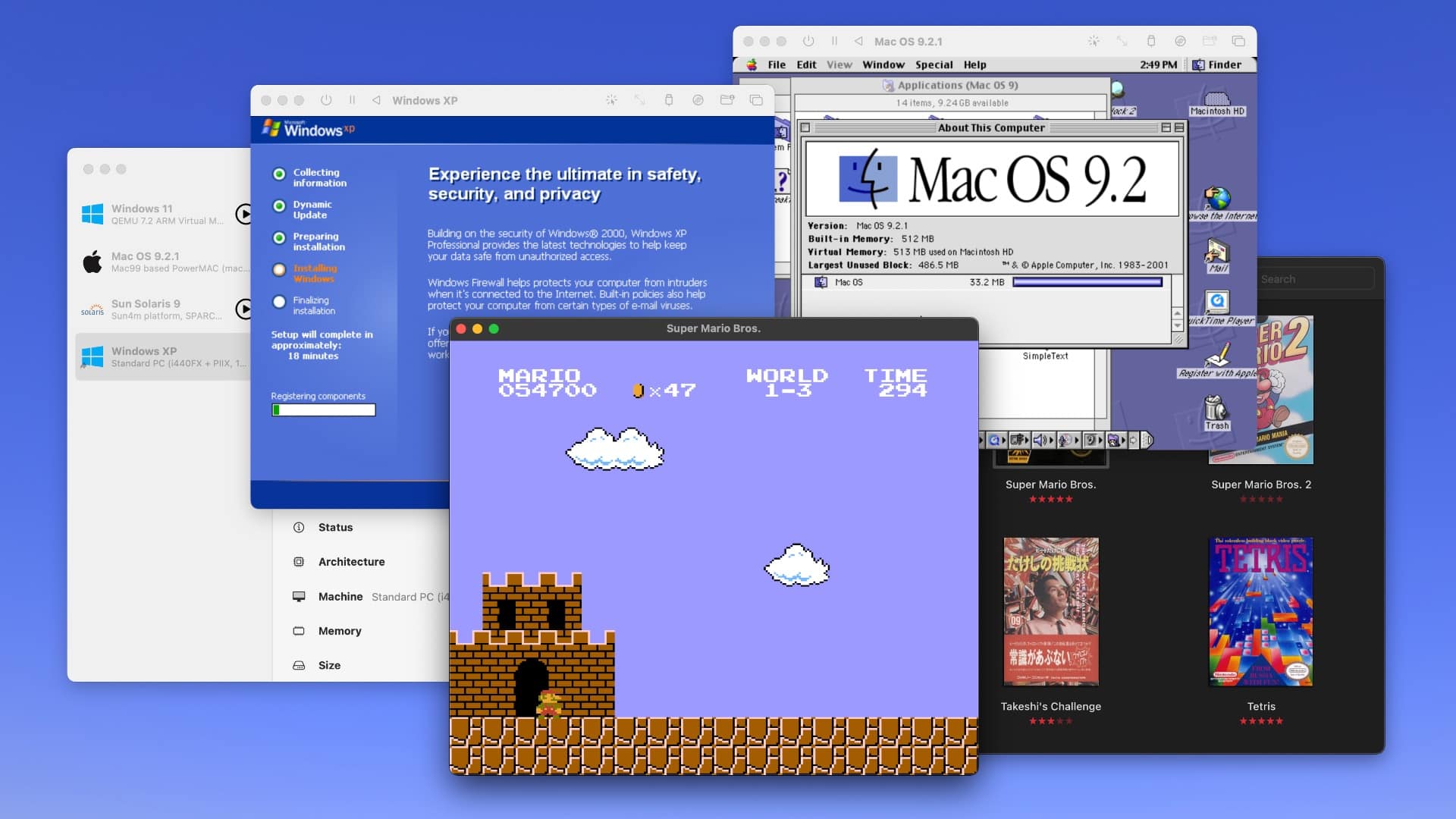
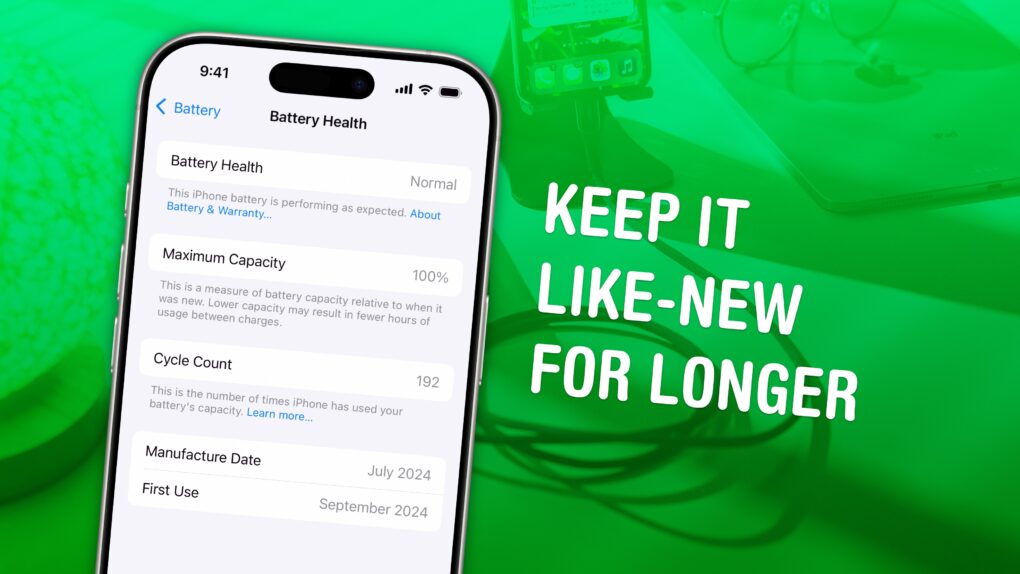
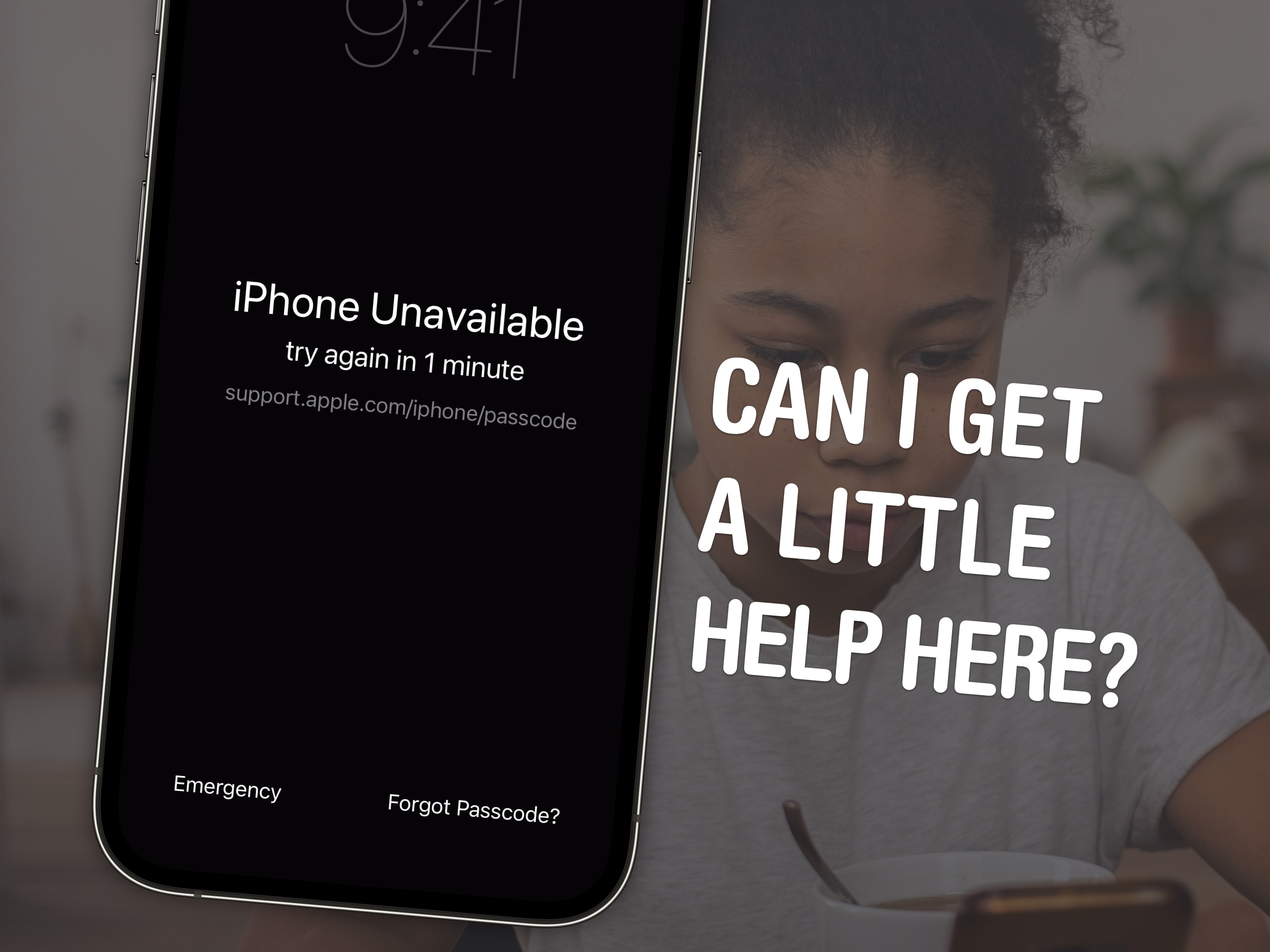

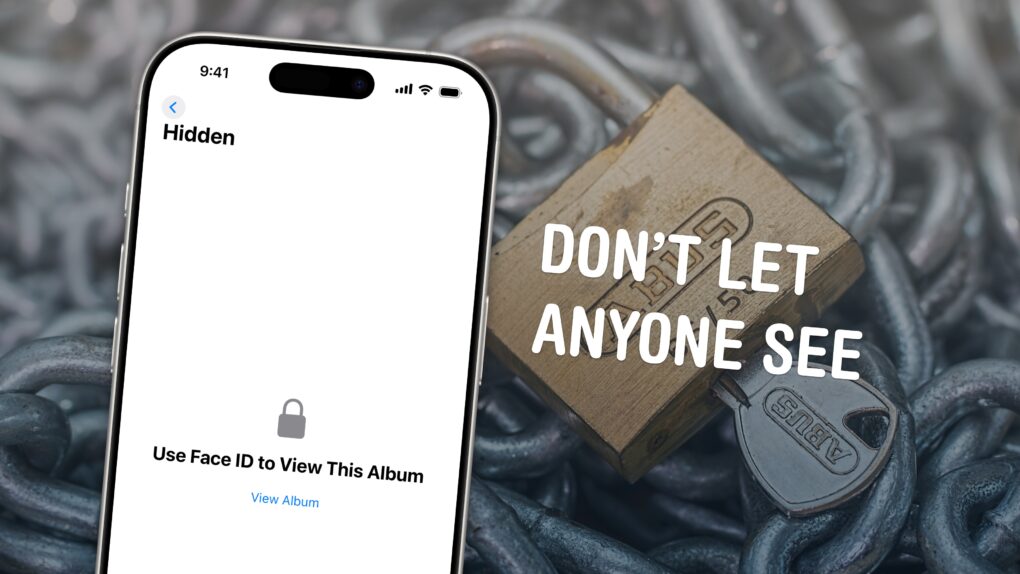
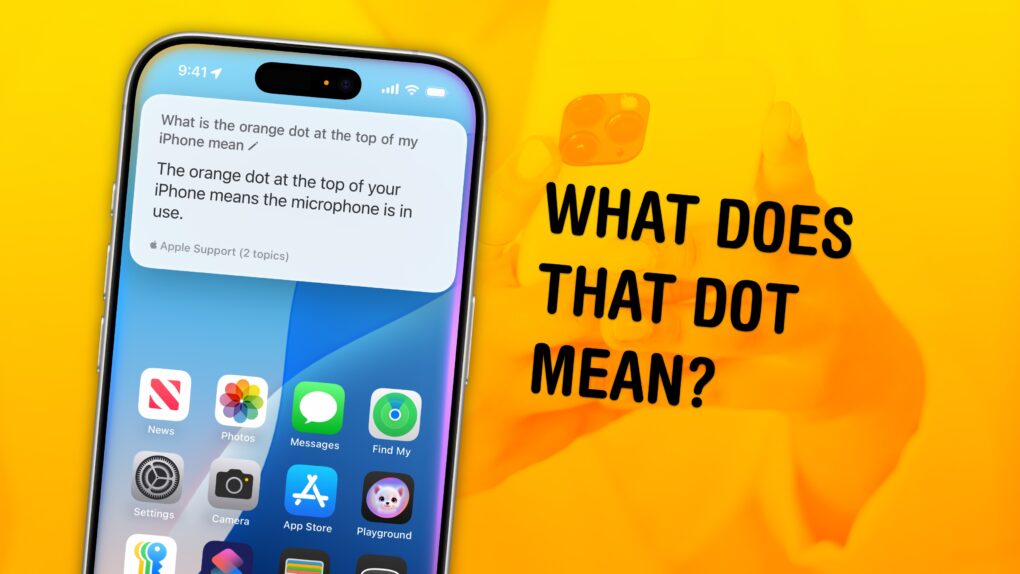

![This clever PopSocket-style grip also works with MagSafe [Review] ★★★★★ Black iPhone 16 Pro with the Ohsnap Snap 4 Luxe on the back, sitting on a gray microfiber cloth.](https://www.cultofmac.com/wp-content/uploads/2025/05/Snap-Grip-Luxe-on-iPhone-Back-1020x765.jpg)


